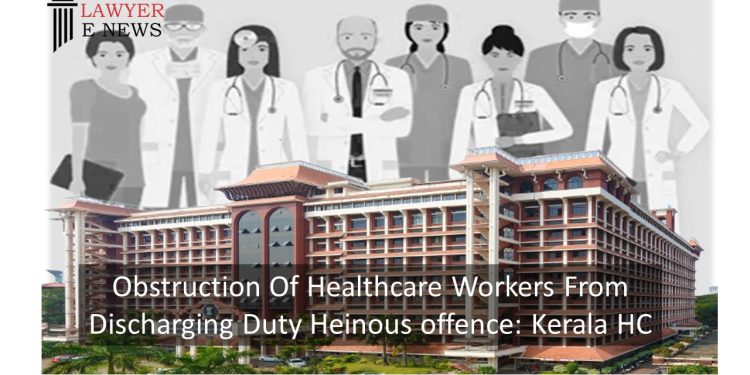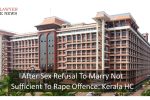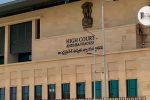Obstruction Of Healthcare Workers From Discharging Duty Heinous offence: Kerala HC

D.D: 20 JUNE 2022
Even in the absence of physical assault, the Kerala High Court recently ruled that obstructing healthcare workers from performing their duties is a heinous, non-bailable offence under the Kerala Healthcare Service Persons and Healthcare Service Institutions (Prevention of Violence and Damage to Property) Act, 2012 (the Healthcare Act) [Arun P v State of Kerala].
Justice Bechu Kurian Thomas noted that the intent of the law was to prevent all forms of violence against healthcare professionals.
“The definition of the word ‘violence’ in Section 2(e) is intended to give the term the widest possible scope…. any harm, intimidation, obstruction, or hindrance to a healthcare service provider in the performance of their duties is considered violence.” Section 3 of the Healthcare Act prohibits violence against healthcare service personnel, and section 4(4) of the Act makes it non-bailable. The intent of the legislature is crystal clear. In its order, the Court remarked that any act of intimidation, obstruction, or impediment against a healthcare worker must be stopped.
In evaluating an application for pre-arrest bail, the Court ruled that the intent of the statute and the broad interpretation of the term “violence” cannot be disregarded.
“The statute considers any obstruction or impediment to a healthcare worker to be a serious offence. “Therefore, it cannot be held that the absence of an assault on the physician entitles a person charged with a violation of the Healthcare Act to pre-arrest bail,” the order stated.
The order was issued in response to a man’s application for anticipatory bail after he was charged with allegedly threatening and restraining a doctor while she was on duty.
He was charged with violating Sections 341 (wrongful restraint), 353 (assault or criminal force to deter a public servant from performing his duty), and 506 (criminal intimidation) of the Indian Penal Code (IPC), as well as Sections 3 and 4(1) of the Healthcare Act.
Advocate R Sreehari, representing the petitioner, argued that the petitioner should be granted anticipatory bail because the allegations in the first information report (FIR) alleged only a minor offence and no injury or assault had occurred.
On the other hand, Public Prosecutor KA Noushad pointed out that even though IPC offences are bailable, Healthcare Act offences are not.
The Court agreed with the Public Prosecutor that, in order for the Healthcare Act to accomplish its goal of protecting healthcare workers and infrastructure, the Court must keep in mind the expansive definition of the term ‘violence’
Any failure to do so could result in the deterioration of public health services on a massive scale.
“A physician with apprehension, a surgeon with trembling hands, and a distressed nurse can lead to erroneous diagnoses, unsuccessful surgeries, and inadequate nursing care.” Several patients’ lives may be in jeopardy. “Therefore, the general public can become prejudiced,” the Court concluded.
In accordance with its interpretation of the legislative mandate, the Court denied the petitioner’s request for anticipatory bail.
Arun P
versus
State of Kerala






